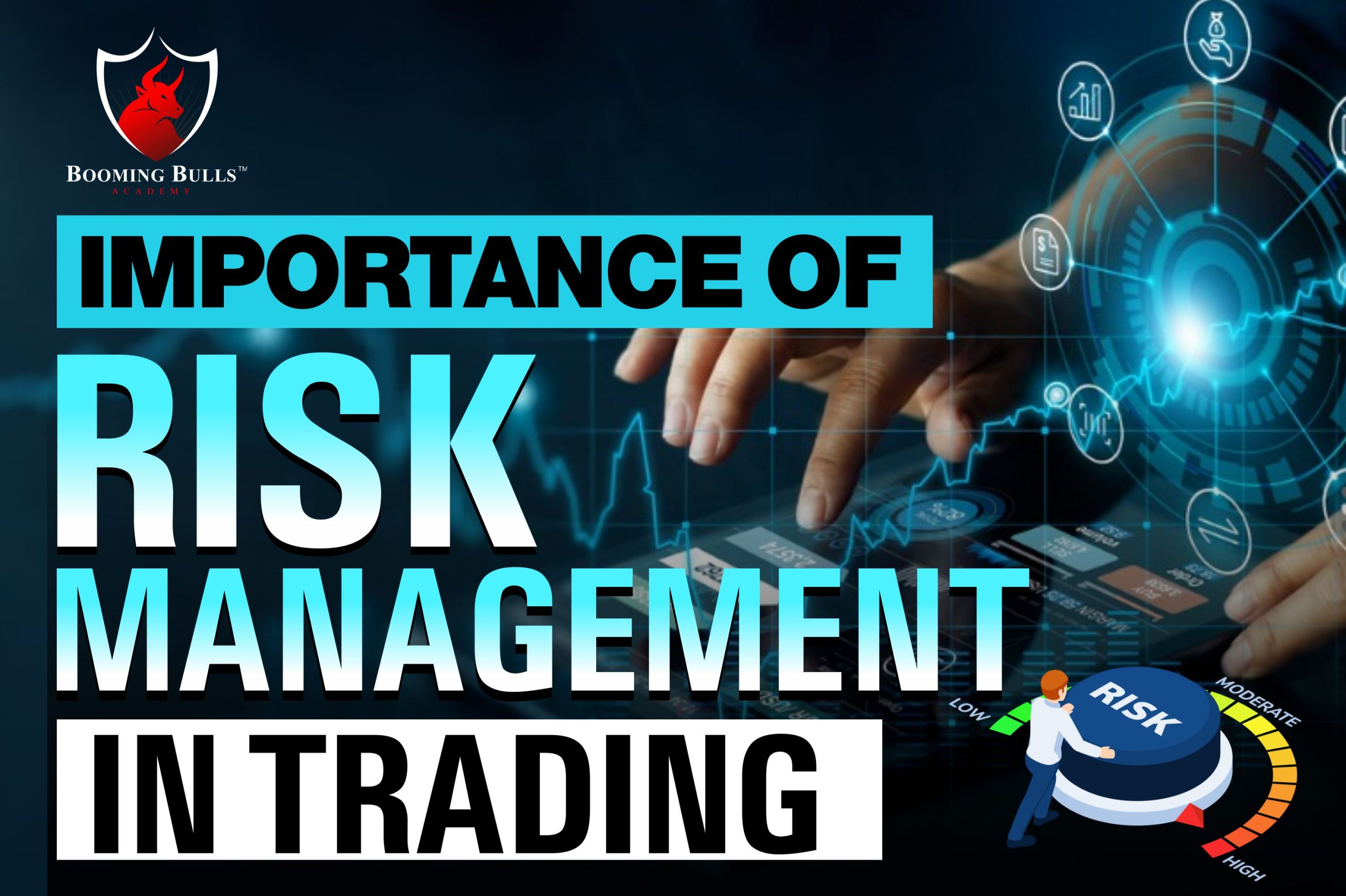The Critical Importance of Risk Management in Economic Decision Making
The Critical Importance of Risk Management in Economic Decision Making
Blog Article
The Critical Relevance of Risk Management in Achieving Organizational Goals
This is where Risk Management steps in, supplying an organized approach to determining, analyzing, and mitigating potential obstructions to proceed. As we explore the essential function of Risk Management in attaining organizational goals, one can not question yet help: how does this convert right into real-world success?
Comprehending the Idea of Risk Management in Organization

The Essential Duty of Risk Management in Strategic Planning
Integrating Risk Management into critical planning serves as a secure for companies, securing their long-lasting plans with a solid structure of readiness and resilience. It operates as the organization's radar, detecting prospective hazards and vulnerabilities that can disrupt the path in the direction of attaining their stated goals. Risk Management supplies a framework for anticipating uncertainties and devising suitable actions, ensuring the organization's survival and prosperity also despite hardship. By including Risk Management into calculated planning, organizations can transform these unpredictabilities into opportunities for growth and technology. This calculated interweaving of Risk Management cultivates adaptability, making organizations more durable and allowing them to browse the ever-changing company landscape with confidence. As a result, Risk Management ends up being an indispensable device in calculated planning, important in safeguarding sustainable success.
:max_bytes(150000):strip_icc()/risk-management-4189908-FINAL-2-976ae194e01848618ca94941ab9d2395.jpg)
Techniques for Identifying, Assessing, and Focusing On Risks
Browsing the complicated landscape of risks calls for the application of certain strategies for their identification, prioritization, and analysis. The process starts with Risk recognition, employing tools such as SWOT evaluation, which assists in pinpointing prospective threats and chances. Next off, Risk evaluation is conducted to establish the potential influence and possibility of each Risk. Tools such as Risk matrices and impact-probability graphes are used for this. Dangers are prioritized based on their prospective impact and likelihood, enabling organizations to concentrate their sources on high-priority threats. This methodical strategy guarantees a thorough understanding of the Risk landscape, allowing organizations to make enlightened choices and effectively manage dangers to accomplish their objectives - importance of risk management.
Protecting Organizational Operations Via Efficient Risk Management
In the service landscape fraught with unpredictabilities, effective Risk Management plays a pivotal function in safeguarding organizational operations. By determining and analyzing prospective hazards, Risk Management allows companies to establish robust backup strategies. Organizations need to spend in extensive Risk Management strategies to protect their procedures.

Converting Possible Risks to Opportunities: The Power of Risk Management
An aggressive technique to take the chance of Management includes determining, evaluating, and prioritizing risks to devise strategies that transform them right into prospective benefits. Thus, by leveraging the power of Risk click to read Management, companies can not just secure their operations but also stimulate development and accomplish their goals in an unforeseeable business atmosphere.
Case Researches: Success Stories of Risk Management Driving Company Objectives
Successful implementation of Risk Management strategies has actually yielded excellent outcomes in different organizations, highlighting the advantages of this approach. Multinational firms like Microsoft and Google, for instance, have actually leveraged Risk Management to lessen threats and make use of possibilities, driving their company purposes forward. These instances illustrate exactly how effective Risk Management can not just steer organizations clear of prospective challenges but likewise lead them towards their calculated Full Article purposes.
Final thought
In final thought, Risk Management is basically vital in achieving organizational goals. By including Risk Management into strategic preparation, organizations can much better browse uncertainties, protect operations, and capitalise on opportunities, thereby straightening with lasting goals.
At its core, Risk Management is the procedure of determining, evaluating, and attending to potential risks that could adversely affect an organization's purposes or procedures. my blog Next off, Risk analysis is carried out to determine the potential influence and possibility of each Risk. Threats are prioritized based on their potential influence and possibility, allowing companies to focus their sources on high-priority risks. By recognizing and evaluating potential dangers, Risk Management allows organizations to develop durable contingency strategies. A proactive strategy to run the risk of Management includes identifying, analyzing, and prioritizing risks to design methods that turn them right into prospective benefits.
Report this page